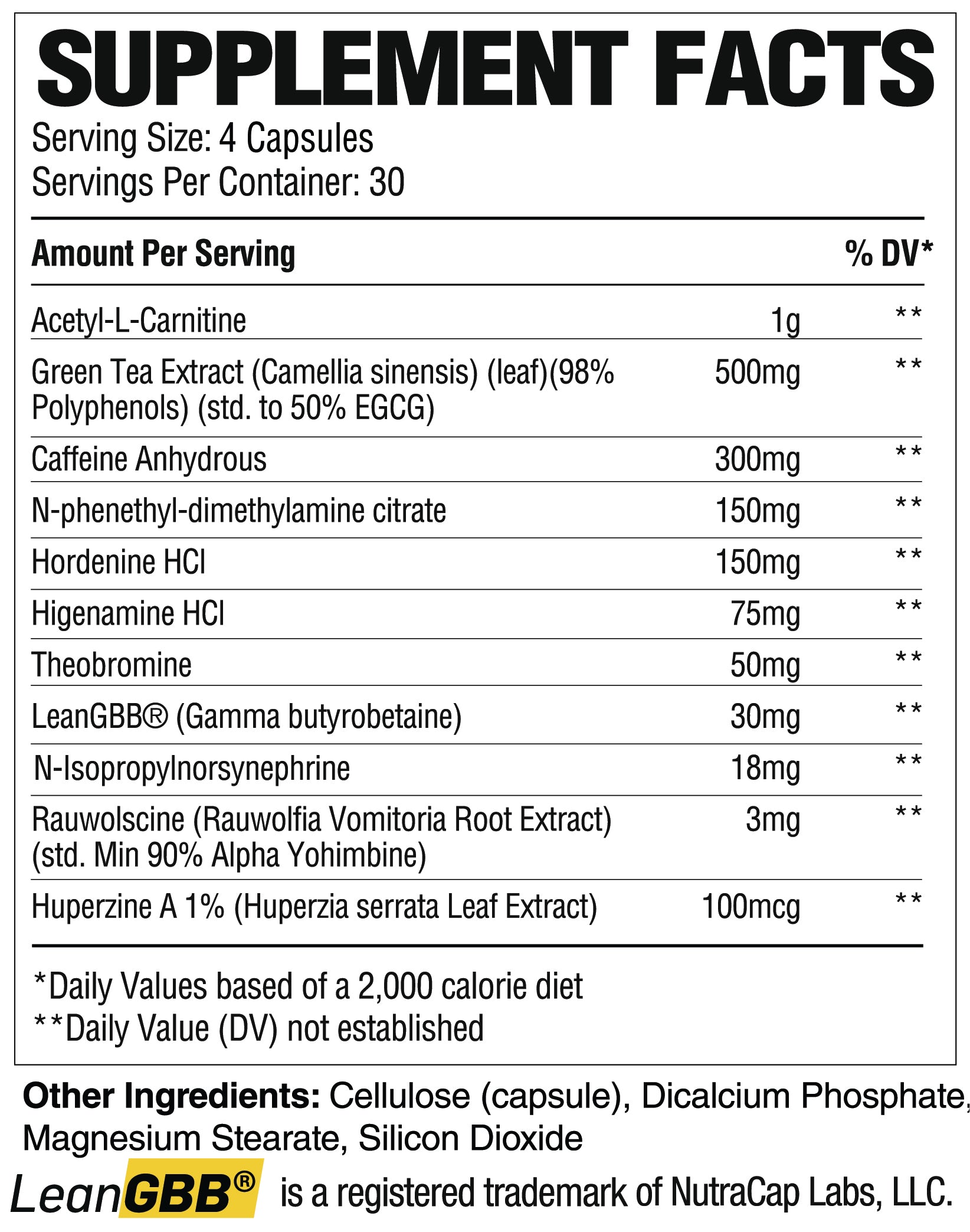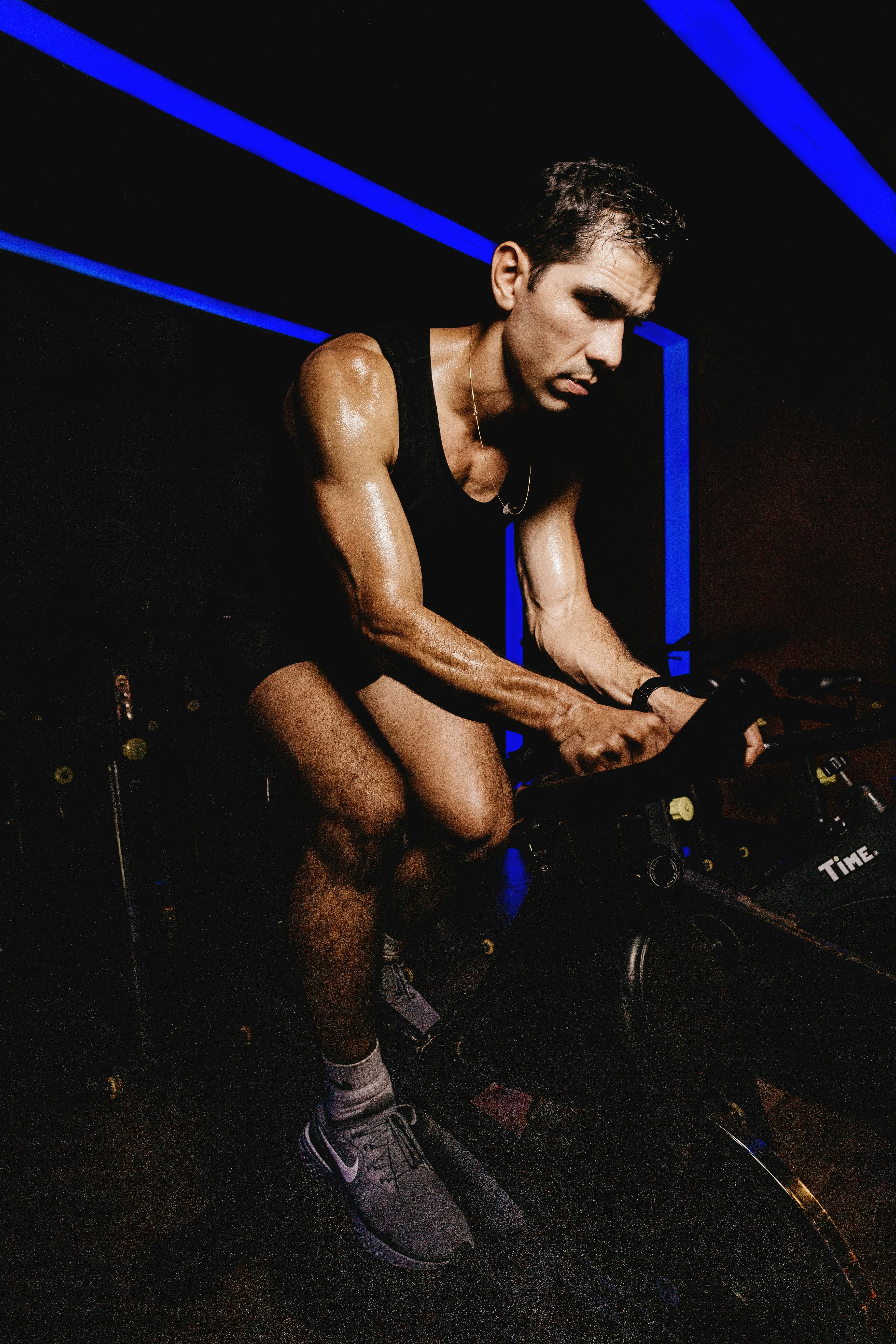
Apply Now


Essential Guide to Colonoscopy Diet: Smart Choices for 2025
Understanding the Importance of a Colonoscopy Diet
The diet you follow prior to a colonoscopy is essential for ensuring the procedure's success and enhancing diagnostic accuracy. The colonoscopy diet, also known as the pre-colonoscopy diet, is designed to clear your bowel and allow for better visualization of your gastrointestinal tract. By making smart food choices and adhering to specific dietary guidelines, you can facilitate this important health procedure. Following a recommended colonoscopy diet can significantly impact the comfort and effectiveness of the procedure while also promoting digestive health in the long run. This article will guide you through the foods to eat and avoid, hydration strategies, and overall best practices for your pre-colonoscopy preparation, ensuring you are well-informed and ready. Whether it's the clear liquid diet for colonoscopy or tips on making healthy choices, this guide covers everything you need to know for optimal colon health. Let's dive into the details of how to prepare for your colonoscopy effectively.Colonoscopy Preparation: Key Dietary Guidelines
Embarking on a successful colonoscopy begins with following specific dietary guidelines. Most doctors recommend transitioning to a low-fiber diet two to three days before the procedure. This helps significantly reduce waste in your intestines. Low-fiber foods typically include white bread, white rice, and well-cooked vegetables, but it's crucial to also identify the foods that will aid your preparation. In the final 24 hours leading up to your colonoscopy, adherence to a clear liquid diet is critical. This means consuming liquids such as broth, clear juices without pulp, and soft drinks. Always remember to stay hydrated with adequate liquid intake, as it helps maintain your electrolyte levels and supports digestion during this preparation phase. Not all clear liquids are created equal; for successful colonoscopy prep, opt for low-sugar options where possible. Homemade or electrolyte solutions can be beneficial to avoid the potential risk of dehydration.Colonoscopy Food Restrictions: What to Avoid
When it comes to food restrictions before undergoing a colonoscopy, certain items should be strictly avoided to ensure the best results. High-fiber foods, such as whole grains, nuts, seeds, and most fruits and vegetables, are to be eliminated at least 2-3 days before your procedure. These items can bulk up your stool, making it difficult for your doctor to view your colon clearly. Additionally, it's wise to limit fatty and fried foods which can slow digestion and create discomfort. Even dairy products can be problematic, leading to bloating or gas, which you want to avoid right before your procedure. Maintaining awareness of food texture is also a key aspect of your diet before the colonoscopy. Opt for bland, easy-to-digest foods that are less taxing on your digestive system. As part of your colonoscopy dietary advice, avoiding common dietary triggers associated with gastrointestinal distress can help ensure a smoother prep process.Best Foods for a Colonoscopy Prep: What You Can Eat
While the food options may seem limited during colonoscopy preparation, there are still several choices available that can help you maintain nutrition and comfort. Foods that are easy to digest should be your go-to selections. Here are some options: 1. **Clear broths**: Chicken, beef, or vegetable broth can be both nutritious and hydrating. 2. **Eggs**: Scrambled or hard-boiled eggs are excellent protein sources and are easy on the stomach. 3. **Gelatin**: Flavored gelatin can not only satisfy your sweet tooth but also add some hydration. 4. **Certain juices**: Clear juices like apple or white grape juice without pulp are acceptable choices. 5. **Refined grains**: White rice, plain bagels, or white bread can provide energy without fiber content. Incorporating these foods into your colonoscopy meal plan will help maintain your energy while ensuring your digestive system is prepared for the procedure.Hydration Before Colonoscopy: Tips for Success
Hydration plays a crucial role in the week leading up to your colonoscopy. Drinking plenty of fluids not only helps to cleanse the digestive tract but also minimizes discomfort during the procedure. Consider the following tips to stay hydrated effectively: - **Drink Water**: Aim for at least 8-10 glasses of water daily, particularly 1-2 days prior to the procedure. - **Electrolyte Solutions**: Sports drinks and specially formulated electrolyte solutions can keep your sodium and potassium levels balanced. - **Hydrating Foods**: While solid foods are generally minimized, consuming hydrating clear broths or icy pops can also contribute to your daily water intake. Staying adequately hydrated is not only important for your colonoscopy prep, but it can also benefit your overall digestive health.Post-Colonoscopy Diet: Recovery and Nutrition
After your colonoscopy, it’s important to slowly reintroduce foods into your diet. Following the procedure, you may feel a bit groggy, and your digestive system might need time to settle. Start with bland foods like broth, toast, or applesauce before gradually transitioning back to a regular diet. Incorporating nutrient-rich foods, such as lean proteins and easily digestible grains, can aid in your recovery process. Avoidance of rich, spicy, or heavy meals for the first day or two can also promote a smoother transition back to your daily eating patterns. Probiotics can play a role in restoring gut flora balance following a colonoscopy, so consider including yogurt or fermented foods once you feel ready to return to normal eating.Colonoscopy Meal Plan: Sample Ideas to Consider
Creating a Pre-Colonoscopy Meal Plan
Developing a pre-colonoscopy meal plan helps simplify your preparation and dietary choices. Here’s a sample meal plan for two days leading up to your procedure: - **Day Before Colonoscopy**: - Breakfast: Clear broth and a cup of herbal tea. - Lunch: Clear vegetable soup with no solids and a glass of apple juice. - Dinner: Gelatin dessert and more broth. - Hydration: Plenty of water and clear liquids throughout the day. - **Day of Colonoscopy**: - Only clear liquids are recommended, ideally hydrating with electrolyte drinks as well. This simple meal plan emphasizes clear liquids, avoiding high-fiber foods, and ensuring that your digestive tract is well-prepared for the upcoming colonoscopy.Common Mistakes to Avoid in Colonoscopy Diet Preparation
As you prepare your diet for a colonoscopy, being mindful of common mistakes can make a significant difference in your experience. Here are several pitfalls to avoid: 1. **Neglecting Hydration**: Failing to drink enough fluids can lead to dehydration, complicating the preparation process. 2. **Ignoring Restrictive Foods**: Consuming high-fiber or gas-inducing foods can interfere with bowel cleansing. 3. **Overeating Before Liquid Diet**: It’s essential to allow your body to transition into the clear liquid phase without excessive food intake. Being aware of these common errors can help ensure a smoother and more successful colonoscopy experience.FAQs about Colonoscopy Diet
What foods should I avoid leading up to a colonoscopy?
It's advisable to avoid high-fiber foods such as whole grains, nuts, seeds, and most fruits and vegetables. Additionally, stay clear of dairy products and any heavy or fatty foods.How long should I follow a liquid diet before my colonoscopy?
Typically, you should strictly follow a clear liquid diet for at least 24 hours leading up to your procedure.Can I drink coffee or tea during my clear liquid diet?
Yes, you can consume clear herbal teas or black coffee without milk, but avoid any beverages with cream, sugar, or other solids.What if I feel hungry while on a liquid diet?
If you find yourself feeling hungry, consider incorporating gelatin or additional clear broths, being mindful of the restrictions.Will my dietary choices impact the effectiveness of my colonoscopy?
Absolutely. Adhering to a low-fiber diet and following the clear liquid guidelines is crucial for ensuring your colon is adequately prepared for the examination.
